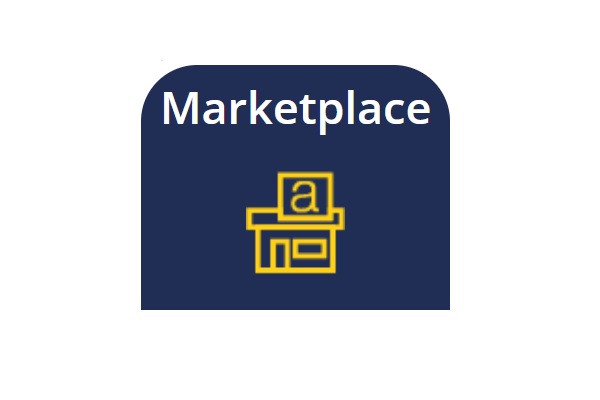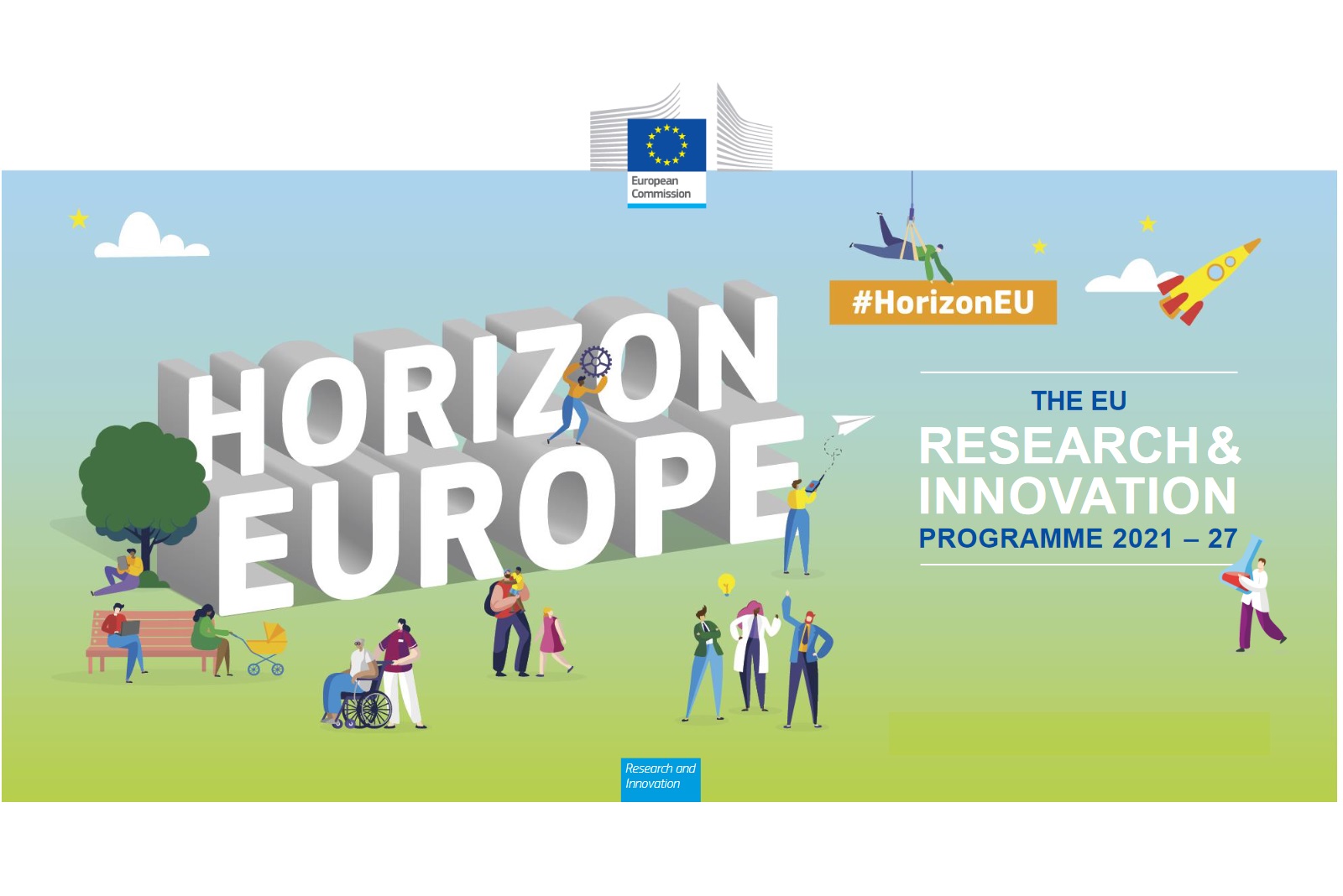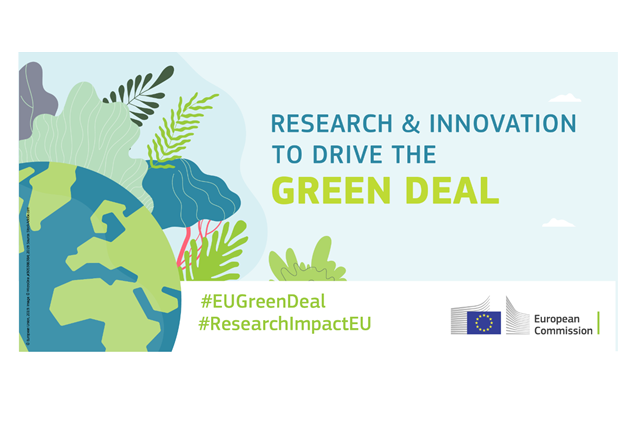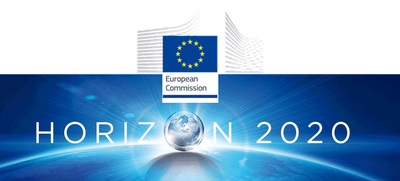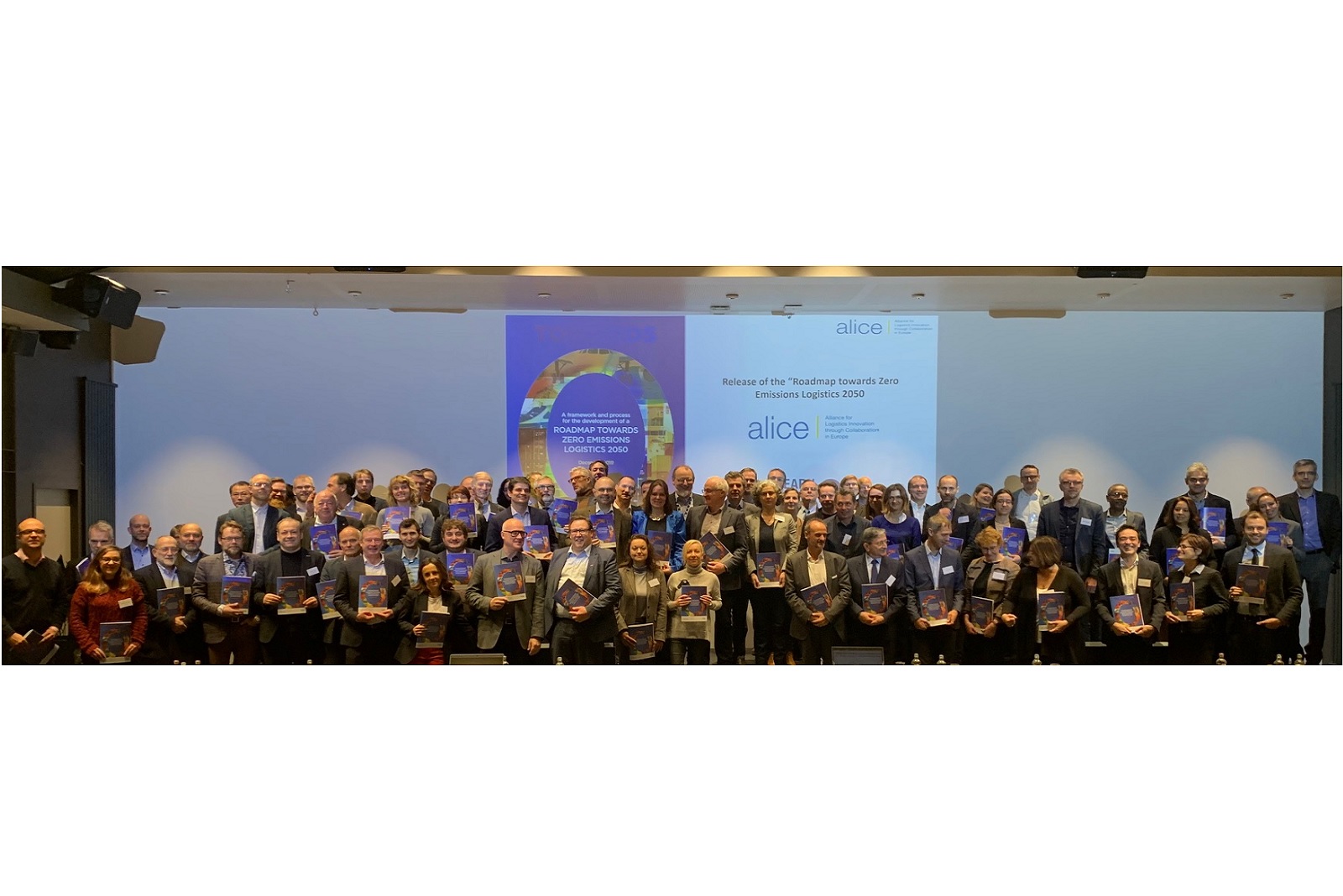Specific Challenge:
The strategic long-term vision[1]
published by the Commission for a prosperous, modern, competitive and
climate-neutral economy calls for a drastic reduction of greenhouse gas
emissions by 2050.
The European Commission’s Green Deal[2]
proposes a new growth strategy that aims to preserve the planet for
future generations. It should serve as the compass to emerge from the
present COVID-19 crisis and offers the opportunity to bounce forward and
accelerate our progress towards meeting the EU climate change
objectives. It sets an ambitious target of a 50%-55% reduction of
greenhouse gas emissions by 2030. Through its roadmap for action it
outlines a long-term vision for the environment, involving all sectors
of the economy, geared towards reaching the goal of climate neutrality.
While
cities occupy only 2% of the planet’s landmass, they consume over 65%
of the world’s energy and account for more than 70% of global man-made
CO2 emissions. Currently 75% of European citizens live in
cities and this percentage is expected to rise to 80% by 2050.
Therefore, cities[3]
must play a crucial role in helping Europe reach the targets of the
Green Deal. The Commission will support their systemic transformation
towards climate neutrality leveraging, in particular, technological,
non-technological and social innovation and new AI-based solutions.
The
challenge resides with achieving significant progress towards climate
neutrality at a large (European) scale by fostering climate-neutrality
and social innovation in cities. This means capitalising on existing
research and innovation, valorising available knowledge in Europe, and
using Green Deal-targeted social, financial, and technological
innovation to co-create, test, and deploy systemic, integrated
solutions, technologies, and incentive schemes with cities to tackle the
largest sources of pollution in urban and metropolitan areas. It also
implies designing incentives promoting investments such as green
infrastructure into cities committed to climate neutrality and the Green
Deal objectives. This will help test innovative solutions,
technologies, and incentives to reach the scale that will make them
attractive for industry economically, for citizens in terms of
affordability, liveability, and inclusiveness, and for local authorities
as concern effectiveness, efficiency, and quality of life. Testing
these solutions and incentives will require listening to the needs of
citizens and engaging cities to act. Framing the above-mentioned
elements necessitates taking into account the consequences and
long-lasting impacts on cities of the current health and economic
crisis, affecting for example mobility, transportation, urban planning,
digitisation, provision of services, etc. It requires triggering and
supporting lasting changes in social, business, and administrative
practices and in individual behaviours with clear impacts on the
reduction of greenhouse gas emissions, air pollution and other
co-benefits that citizens, businesses and public authorities find
desirable.
Follow this content for more information or to declare your interest in this call
[1] https://ec.europa.eu/clima/policies/strategies/2050_en
[2] https://ec.europa.eu/commission/sites/beta-political/files/political-guidelines-next-commission_en.pdf
[3]
For the purposes of this topic “cities” should be intended as either
city district (neighbourhood or zone of special interest of a city
administered or governed by some type of “district council”), a city
represented by a government unit (e.g. municipality) or an urban area
(conglomeration or a functional area composed of many neighbouring
cities or government units, represented by the respective government
units).
[4] E.g. Smart Cities Marketplace and its Matchmaking facility: https://eu-smartcities.eu
[5] https://www.covenantofmayors.eu


